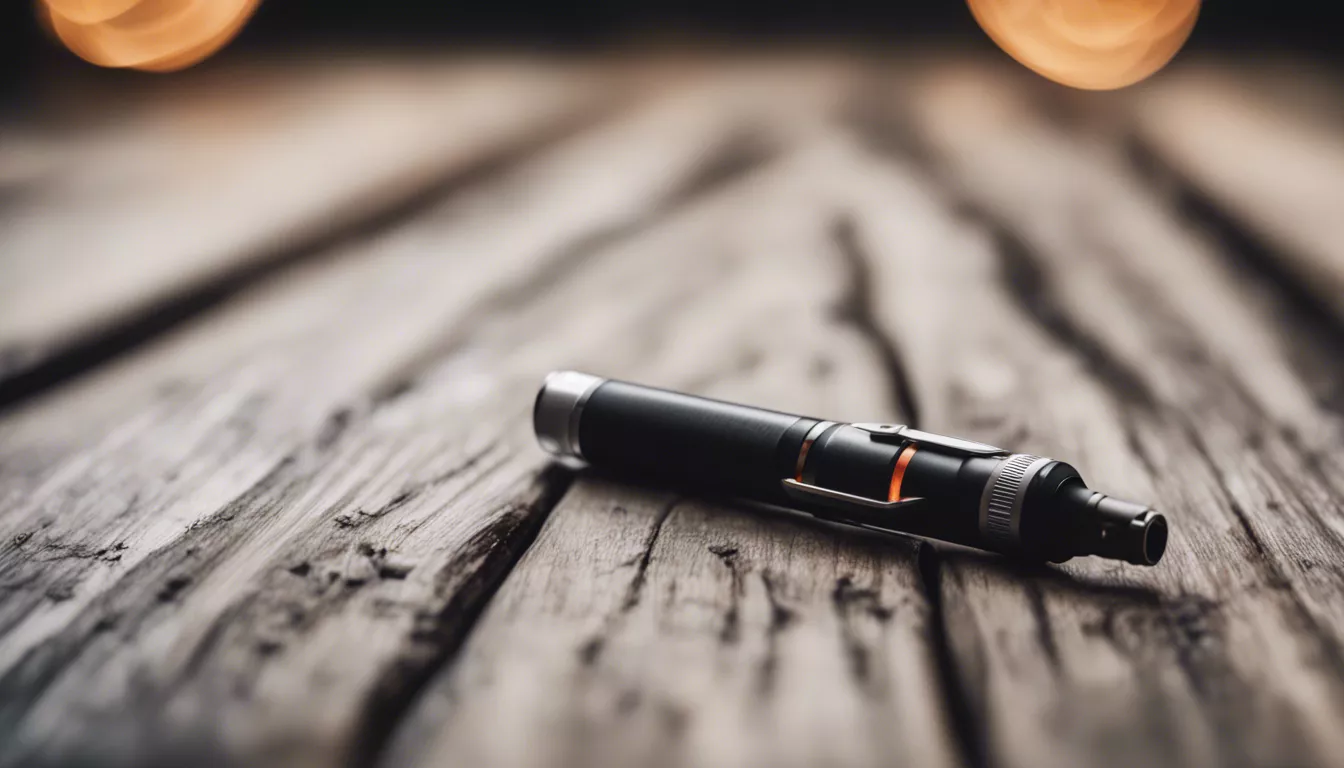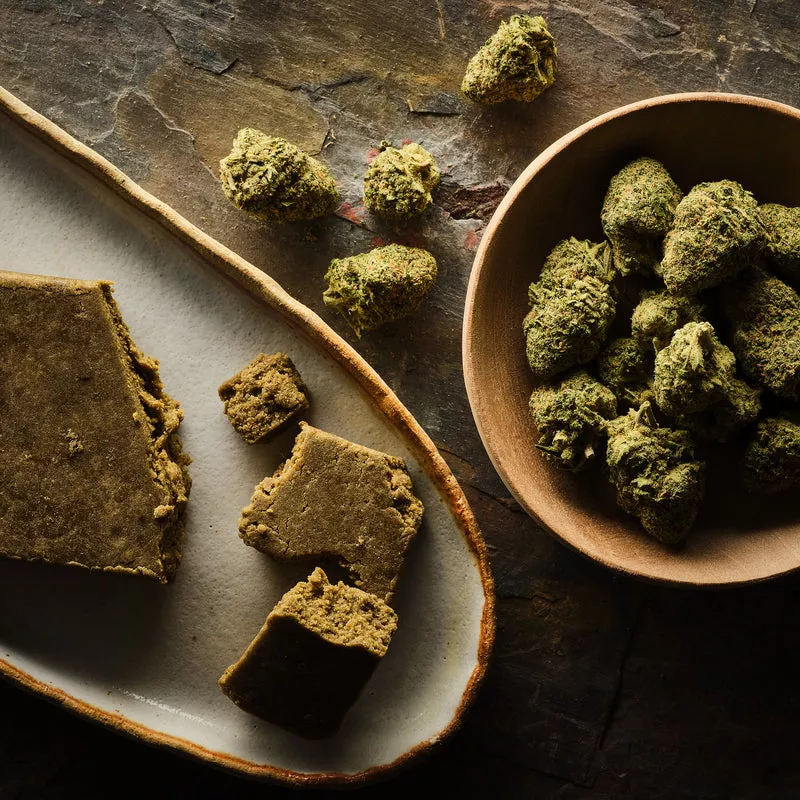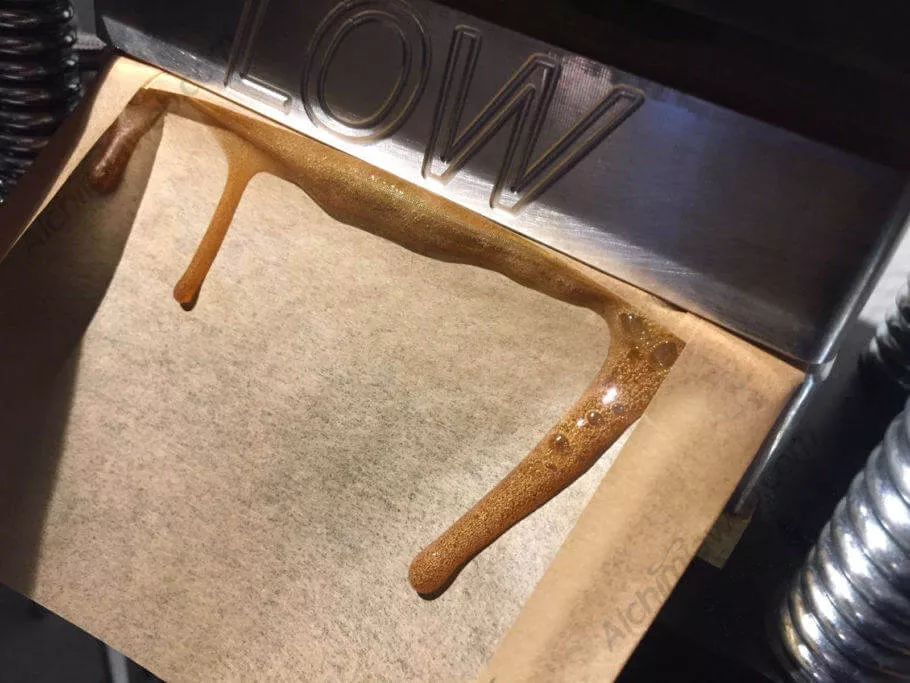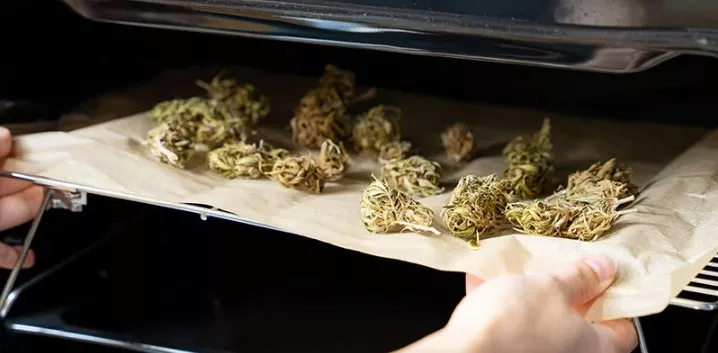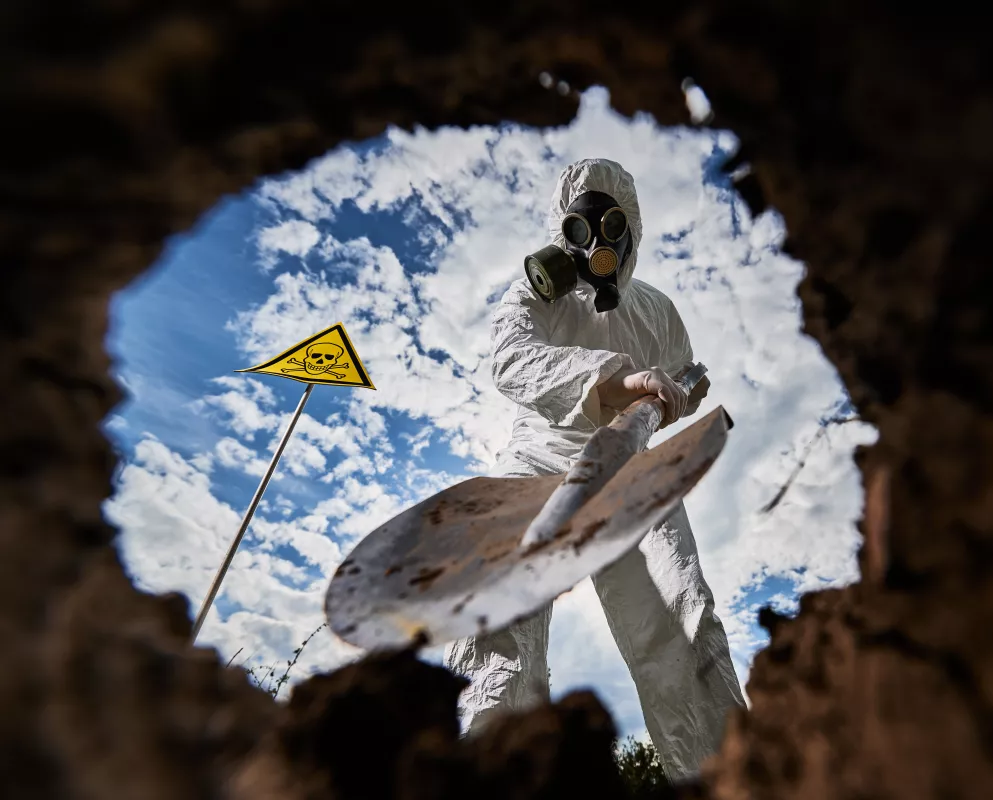- Shop All
- Type
- (144) THC>
- (74) CBD>
- Need
- Sleep>
- (21) Pain>
- (10) Anxiety>
- (6) Pets>
- (88) Edibles
- (14) CBD Edibles>
- (60) THC Edibles>
- (3) Ratio Edibles>
- (33) Hybrid Edibles>
- (86) Vegan>
- (5) Beverages>
- Strain
- (29) Indica>
- (24) Sativa>
- (47) Hybrid>
- (14) Tinctures
- (5) Anxiety Tinctures>
- (9) CBD Tincture>
- (1) Pain Tincture>
- (4) Ratio Tincture>
- (4) Sleep Tincture>
- (4) THC Tincture>
- (4) Capsules
- (1) CBD Capsules>
- (0) THC Capsules>
- (3) Ratio Capsules>
- Foggers
Hemp
Alana RossiAugust 19, 2023LatestHemp refers to cannabis plants selectively bred to contain less than 0.3% THC content by dry weight. Historically cultivated for industrial purposes like fiber, hemp was banned alongside psychoactive cannabis until the 2018 Farm Bill federally legalized hemp and hemp derivatives like CBD extracted from the plant. Despite a nearly identical visual appearance to marijuana, hemp contains minimal THC and lacks intoxicating potential. Both hemp and marijuana belong to the same Cannabis sativa L. species, with their legal classification depending on chemical makeup rather than appearance or intended use. The low-THC cannabis used to make CBD oils, topicals and edibles fueling much of today’s CBD industry qualifies as legal hemp. However, confusion persists due to patchwork laws, uneven testing and improper labeling. While hemp CBD products are now federally legal, states have implemented varying regulations surrounding their sale and use. Consumers should verify any CBD products undergo third party lab testing to validate contents, purity and safety.
0/5 (0 Reviews)Latestfrom B+FBe the first to know about exciting new products, special events, seasonal offers, and much moreOur Collective
Wellness to your doorstepCopyright © 2024 All Rights Reserved | BIRCH + FOG[gtranslate]Save your cart?
x

